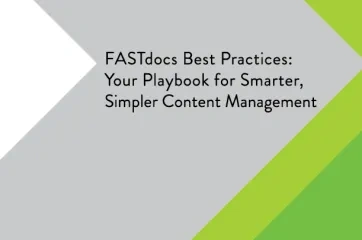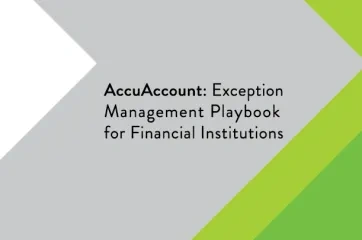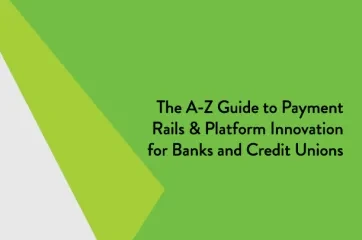UCC Filings
At a very basic level, a UCC (Uniform Commercial Code) filing records the fact that an asset is being used as collateral to secure a loan. The UCC filing is filed by a lender to document a lien on the property or equipment. It also serves as a means for other lenders to search for existing liens.
When to File a UCC
For a car loan, a lender will physically hold the title with the financial institution’s lien information on it. By comparison, a UCC financing statement (known as a UCC-1) is generated by a bank or credit union when money is borrowed against collateral without a physical title or deed. Examples of such assets include:
- inventory
- crops
- accounts receivable
- equipment
- livestock
UCC Filing Regulations
A lender must file a UCC-1 with the state in which the borrower resides. With a business or corporation, the form is filed in the state in which the entity originated. This gives the lender a place to file as well as a source to search for existing liens on assets. For example, here’s the UCC database in the state of Colorado.
In short, before lending based on untitled collateral, a bank or credit union can research to confirm there isn’t already a loan against the asset(s). Financial institutions work to lower risk by avoiding approval of loans on items with existing liens, which would place the new loans in a junior position.
Continuation
To maintain the first position on a lien, a lender must file a continuation before the UCC filing’s expiration. Therefore, it is important to track UCC filing end dates and begin the continuation process well in advance.
Because of the importance of filing UCC reports every five years, institutions often impose special quality control measures on data entry, checking to ensure that both the original filing and subsequent refiling action dates are logged correctly. Similarly, banks and credit unions have various tickler systems in place to trigger steps for refiling. Some financial institutions use their core systems, while others might opt for a spreadsheet or database. Smart lenders have a system like AccuAccount in place to automatically highlight impending expirations at 90, 120, or even 180 days out from the expiration date, allowing ample time to complete continuations.
UCC Filing Resources
For more information about collateral tracking and loan management, be sure to check out our extensive resource library with free spreadsheets, whitepapers, and eBooks.







